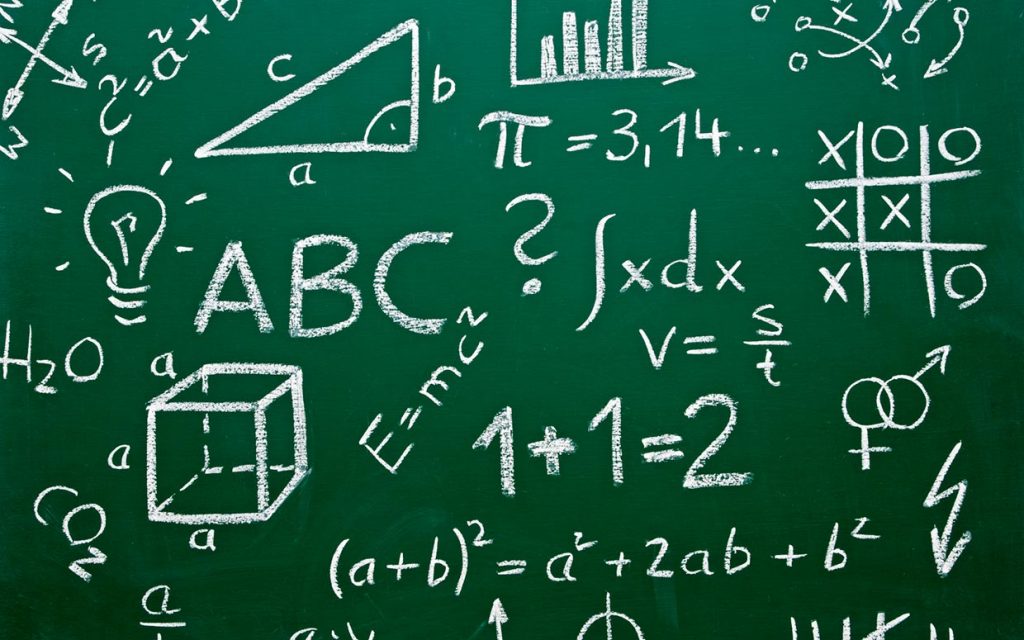Many argue that mathematics is the language of the universe; and the more you understand about mathematical systems, the more you are inclined to agree with this. And if you look at where Mankind is headed, knowledge of mathematics will continue to be of great import. As a matter of fact, there is a growing demand for non-math majors with specific mathematic needs but many students continue to struggle with retention.
“Math has been, I think, the single biggest obstacle to retention and completion,” explains William E. Kirwan, who is the former chancellor of the University System of Maryland. He says that math retention, in addition to several other reasons, is the reason he and a few other mathematicians are focused on developing new ways to improve math education.
 This group calls its initiative Transforming Post-Secondary Education in Mathematics, or TPSEMath. The group investigates new ways to overcome past, existing, and potential challenges facing students who need to retain this information in order to survive in the work force.
This group calls its initiative Transforming Post-Secondary Education in Mathematics, or TPSEMath. The group investigates new ways to overcome past, existing, and potential challenges facing students who need to retain this information in order to survive in the work force.
Rosier also goes on to say that a major reason math faculty have not been excited about adopting new methods which promote a more “applied approach” is that people do not simply study the subject and pursue it as a career just because it is useful (which it is, obviously), clearly implicating himself and not, necessarily, the whole of the organization. But, he says, “They become mathematicians because they love it and want to do it.”
Finally, he attests, “The passion of most mathematicians is mathematics itself, and the reason that the rest of the world likes mathematics is because it’s incredibly useful. It’s a question of getting many more mathematicians to adopt the point of view that they’re of great service to the rest of the world.”
